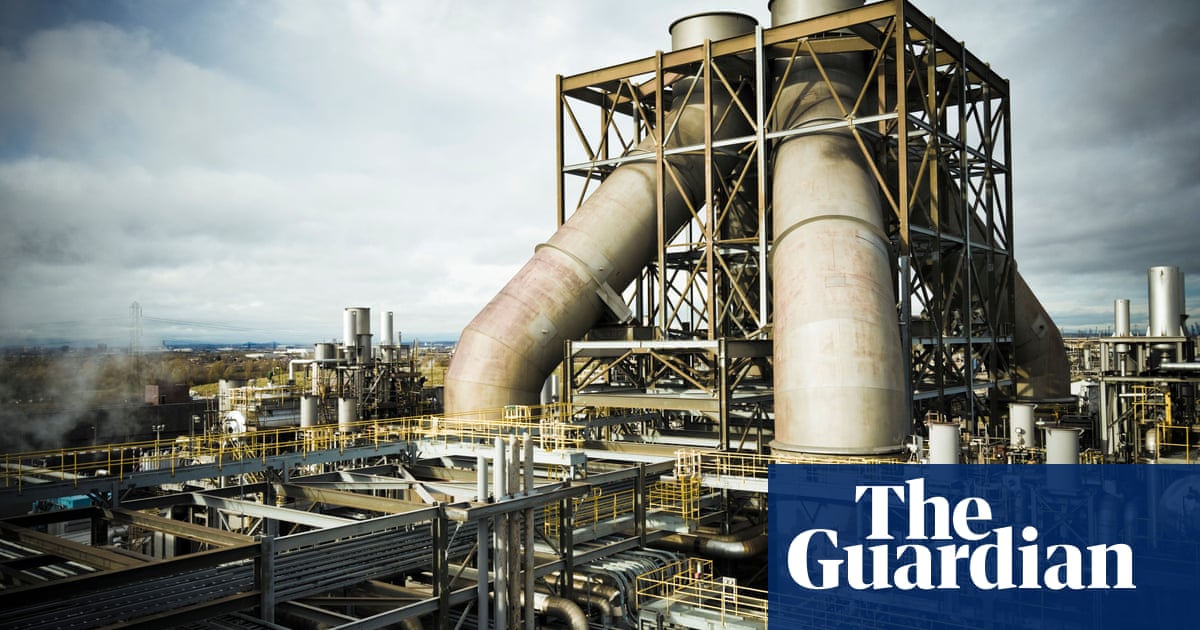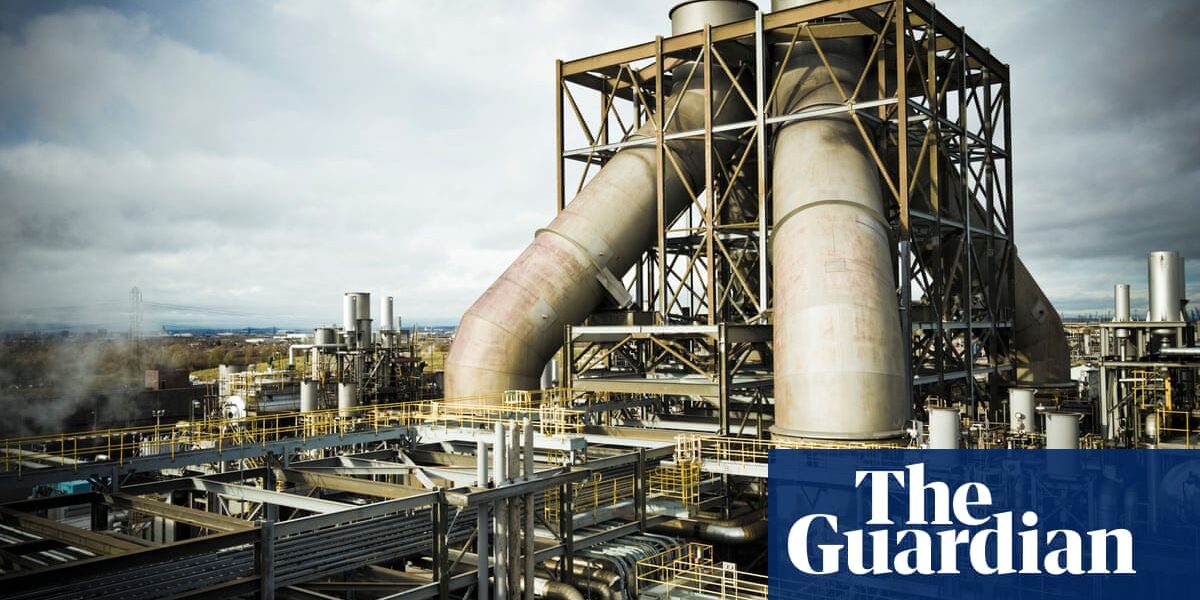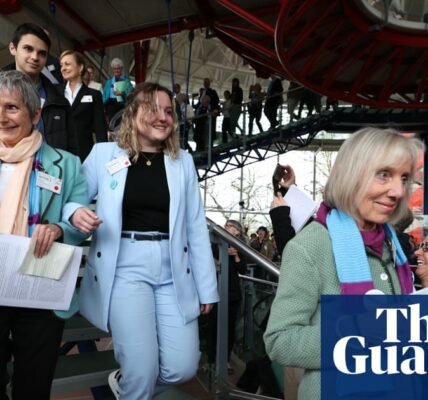The UK government has been accused of attempting to create a divide and conflict around climate issues instead of working towards solutions.

Caroline Lucas, a member of Parliament for the Green Party, has criticized the government for inciting a conflict over climate change by pushing for increased funding for new gas-powered energy facilities before a national election.
During a session at the House of Commons, Lucas brought up an important inquiry to confront Graham Stuart, the energy minister, regarding the recently announced plans that could result in the construction of multiple new power plants in the future, despite the government’s promise to eliminate the use of fossil fuels.
She called on Stuart to admit that “this is the government’s latest attempt to stoke a culture war on climate”. The MP for Brighton Pavilion warned that the plans to encourage more investment in unabated gas power in the 2030s would jeopardise Britain’s climate goals.
The opposition’s spokesperson for climate change, Alan Whitehead, expressed similar worries and criticized the government for attempting to create a division over energy policy. He called on Stuart to specify the number of new gas plants the government plans to construct, stating that it was not mentioned in the 1,500 pages of documents released yesterday.
The government intends to prolong the lifespan of current power plants, but it predicts that it will require approximately 5 gigawatts of added gas power capacity as backup when renewable energy is scarce.
Environmental activists are frustrated by the proposed changes to the UK’s electricity market, while Conservative MPs, such as former minister Sir Jacob Rees-Mogg, are in support.
During the debate, he proposed an indefinite postponement of the UK’s legally mandated net-zero targets in order to align the country’s economic competitiveness with that of the US and China, as they have lower energy costs.
The United Kingdom is obligated by law to decrease its emissions to net zero by the year 2050. According to the official advice of the Committee on Climate Change, gas-powered electricity generation must only account for 1-2% of the country’s power generation in the 2030s in order to meet its climate goals. Last year, nearly 40% of the UK’s electricity was generated by gas.
Mogg expressed support for the government’s proposal to increase investments in gas-powered projects as a positive initial action against the pursuit of net zero goals. However, he urged the government to take additional measures.
after newsletter promotion
The speaker in the Commons stated that our focus on being environmentally friendly has made us uncompetitive. They argue for using cheaper sources like gas and coal and delaying our goal of achieving net zero emissions because our country only contributes 1% to global emissions and our economy is lagging behind the US due to their access to cheap energy.
Stuart replied to Rees-Mogg, stating that there is a significant issue with climate change and a pressing need for action, which is why they are actively working towards decreasing their carbon footprint.
Source: theguardian.com




